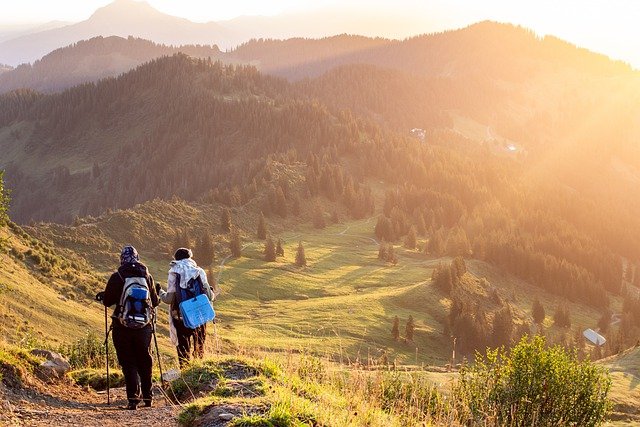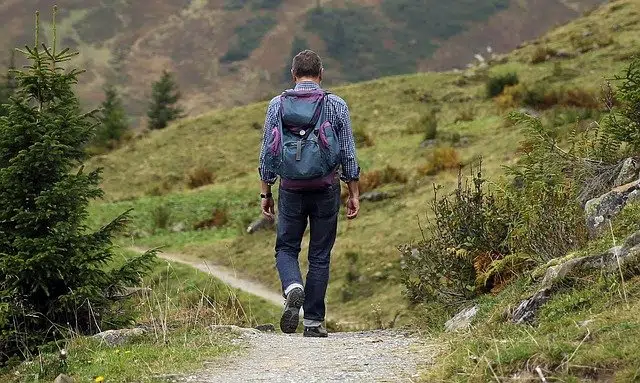
Ecotourism aims to minimize the environmental impact of tourist activity.
Ecotourism or ecological tourism is the tourist activity that is developed without altering the balance of the environment and avoiding damage to nature . This is a trend that seeks to make the tourism industry compatible with ecology .
Ecotourism is linked to a sense of ethics since, beyond the enjoyment of the traveler, it attempts to promote the well-being of local communities (recipients of tourism ) and the preservation of the natural environment. Eco-tourism also seeks to encourage sustainable development (that is, current growth that does not harm future possibilities).
The growth of ecotourism
The rise in ecotourism in recent years has been due to several causes, among them, fundamentally, the fact that it is cheaper than any other type of tourism. This is an element that has led many people, taking into account the current global economic crisis, to opt for it to enjoy a vacation without having to make a significant monetary outlay.
But it is not the only advantage of that, there are also others such as the following:
– Allows you to discover natural and rural corners of great value and beauty.
– It gives the opportunity to live in full contact with Nature and, therefore, get away from the bustle and pollution of big cities.
– It is ideal for relaxing and resting.
– It allows tourists who opt for it to carry out endless outdoor activities such as hiking trails, horseback riding, climbing...
And all of this without forgetting that ecotourism gives the possibility for small rural population centers to boost their economy and earn money to support themselves and take care of their environment, both environmentally and architecturally and ethnographically.

Ethics is the pillar of ecotourism.
Respect for nature and humans
The principles of ecotourism involve respect for the culture of the host country, minimization of the negative impact caused by tourism activity, and support for human rights. An ecotourist, for example, should not buy a product that was obtained through the use of child labor.
In this sense we could establish that in many towns that have developed ecotourism as a way to stimulate their economy, curious proposals are offered for the visitor who arrives ready to enjoy it. Specifically, for example, they are made to participate in traditions regarding agriculture and livestock, hence they are taught how to perform tasks such as cultivating, plowing the land, milking a cow or taking different livestock to pasture.
Ecotourism regulation
Despite the rise of ecotourism, there is no clear regulation in this regard. There are those who include ecotourism as any tourist activity that involves contact with nature, something that is wrong since many of these excursions cause serious damage to the ecosystem .
Mass tourism is harmful almost in its very essence, since it involves travel on airplanes that pollute, the use of hotels that are usually built in natural places (in front of the sea, for example) and the generation of a large mass of waste. that are not always treated correctly, among other problems. For this reason, many specialists consider that true ecotourism should be a minority, which does not imply that a more responsible tourism industry can be developed.
